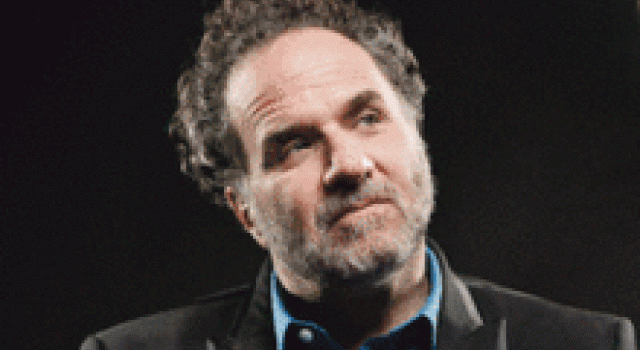Pittsburgh Jewish Music Festival recreates the music of historic Zimro Ensemble
Formed in 1918 in St. Petersburg, Russia, by the clarinetist Simeon Bellison, the Zimro Ensemble introduced the world to Jewish concert works created during the previous decade. This innovative and exotic music combined folk themes and liturgical works to create a music that was proudly nationalistic with strong Zionist themes. The sextet’s name spoke to its Jewish roots, combining the Hebrew word for “singing” and an amalgam of letters from the word “klezmer.”
Organized by the Society for Jewish Folk Music, the curious project existed for only three years. It made its American debut at a Zionist conference in Chicago almost 100 years ago on Sept. 17, 1919. According to cellist Aron Zelkowicz, the tour was a fundraiser “to raise money for a ‘temple of Jewish art’ in what was then Palestine. The musicians ended up immigrating to the United States and never made it to Israel.”
Zelkowicz is the founder and director of the Pittsburgh Jewish Music Festival, which has chosen the centenary anniversary to celebrate the historic global tour and music of the Zimro Ensemble. Mirroring the make-up of the original ensemble, the program features Zelkowicz, violinists Kelly Hall-Tompkins and Nurit Pacht, Melissa Reardon playing viola, Kathleen Tagg on piano and clarinetist David Krakauer.
Krakauer is one of the key innovators in modern klezmer music and a major voice in classical music. His work has been nominated for both Grammy and Juno awards. Zelkowicz said that Krakauer “studied with Bellison, so he is a direct descendant” of the Zimro Ensemble. “When I mentioned the idea to David, he was very excited and talked about the history of this endeavor and how it speaks to the incredible enthusiasm of the immigrant experience of Jews from Eastern Europe at the time to America.”
While the Ensemble’s music was new to the American and international audience, it has rarely been heard in the intervening years. “It’s an obscure moment in musical history for anyone,” Zelkowicz said. “This is not some project that classical music fans are familiar with or even Jewish music fans. This is an unknown story and I’m using the centenary to bring it back into the consciousness.”
“I think we take for granted how much we know about music being created in other parts of the world,” Zelkowicz added. Coming as it did, before the age of the internet or even TV and radio, this was the first opportunity for the world to hear music made during a flourish of creation “in Eastern Europe around Jewish music that came from the shtetl, from the villages. If it wasn’t for the Zimro Ensemble, the Western world would have no knowledge of this music. This was a complete revelation for them.”
The modern sextet will perform a program consisting of “Jewish Sketches No. 1 for clarinet and strings” by Alexander Krein; Solomon Rosowsky’s “Fantastic Dance for piano trio”; an arrangement of klezmer selections by Ljova; David Schiff’s “Divertimento from Gimpel the Fool”; and “Overture on Hebrew Themes, Op. 34” by Prokofiev, as well as works by Stutschewsky, Zeitlin, Kaplan and Radzynski.
The Prokofiev piece was written for the ensemble by the composer. According to the Milken Archive of
Jewish Music, the work is the “offspring of an encounter between a small group of Zionist-oriented Jewish musicians committed to Jewish culture and a non-Jew who will always be counted among the major and most influential composers of the first half of the 20th century.”
The concert, titled “In the Footsteps of the Zimro Ensemble,” is Sunday, Sept. 15 at 7 p.m. at Rodef Shalom Congregation.
Following their performance in Chicago, the original Zimro Ensemble played Carnegie Hall in New York on Nov. 1, 1919. The modern re-creation follows in their footsteps with a concert at the famed concert hall on Monday, Nov. 4.
For those who enjoy the concert’s offerings, the Pittsburgh Jewish Music Festival is releasing the fifth CD in its Russian Jewish Classic series, and the recording will feature the music of Alexander Krein, one of the composers whose work will be performed on Sept. 15.
Zelkowicz believes that the music performed at the Pittsburgh Jewish Music Festival connects not only to the immigrant experience of Jews from Eastern Europe and international music in the early 20th century but to something felt innately by Jewish Americans today.
“It’s reported that when the Zimro Ensemble played at the Zionist conference in Chicago, the music did more to stir the Zionist passions that any of the speeches heard. It speaks directly to the Jewish soul.” PJC

